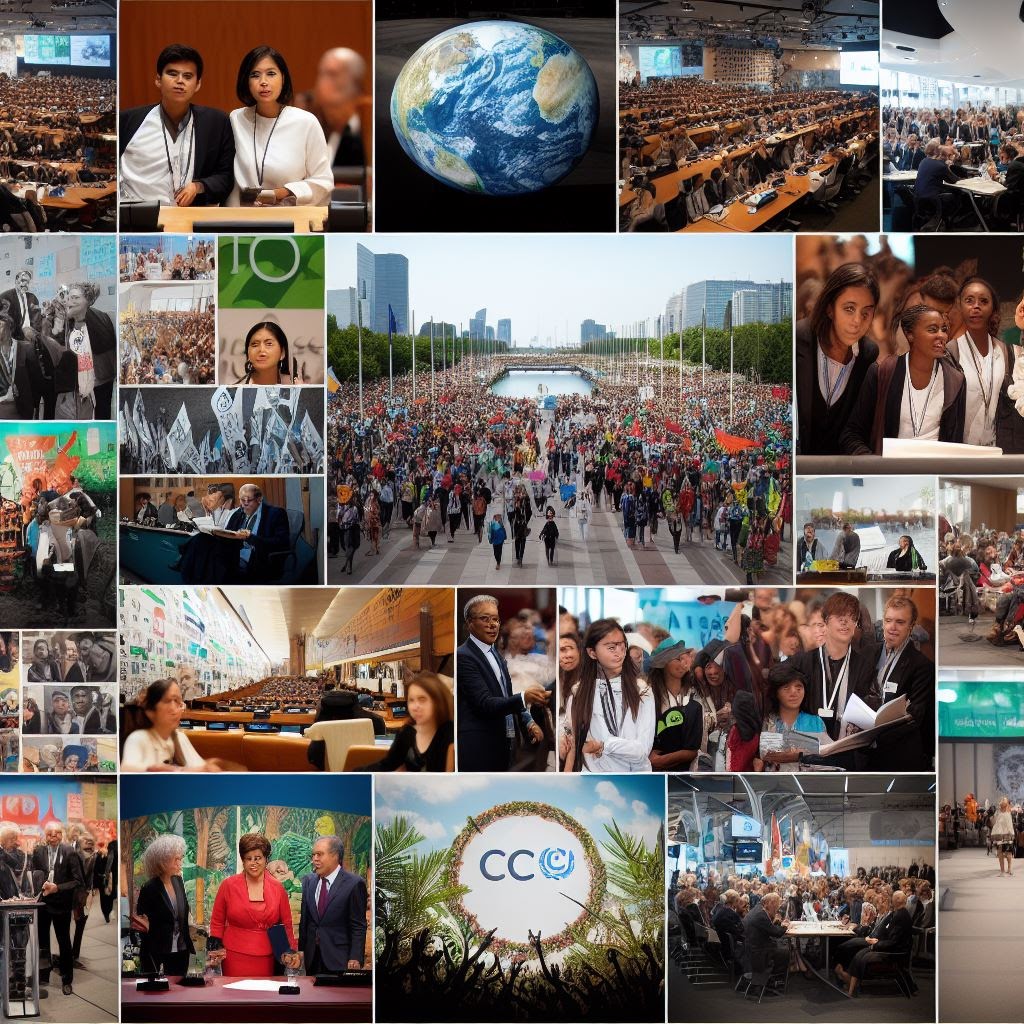Climate Change and Health: The Urgent Need for WHO Negotiation and Action
Climate Change and Health: The Urgent Need for WHO Negotiation and Action
Climate change is a global crisis that threatens the health of people and planet. Its impacts are already being felt around the world, and they are only expected to worsen in the years to come. The World Health Organization (WHO) has called climate change "the single greatest threat to public health" in the 21st century.
Health Impacts of Climate Change
Climate change is already causing a number of health problems, including:
- Heat-related illnesses: Heatwaves are becoming more frequent and intense, which can lead to heatstroke, dehydration, and other health problems.
- Respiratory problems: Air pollution is made worse by climate change, which can lead to asthma, bronchitis, and other respiratory problems.
- Waterborne diseases: Climate change can increase the risk of waterborne diseases, such as diarrhea and cholera.
- Malaria and other vector-borne diseases: Climate change can increase the range and spread of mosquitoes and other insects that carry diseases such as malaria, dengue fever, and Zika virus.
- Mental health problems: Climate change can also lead to mental health problems, such as anxiety and depression.
The Disproportionate Impact of Climate Change on Health
The health impacts of climate change are not evenly distributed. People in developing countries are often more vulnerable to the effects of climate change because they have less access to healthcare and other resources. Women, children, and the elderly are also more vulnerable.
WHO Negotiation and Action on Climate Change
The WHO is working to address the health impacts of climate change through a number of initiatives, including:
- Building climate-resilient health systems: This involves helping countries to prepare for and respond to the health impacts of climate change.
- Reducing carbon emissions from healthcare: This involves helping healthcare systems to reduce their greenhouse gas emissions.
- Tracking global progress: The WHO is tracking the health impacts of climate change and monitoring progress on efforts to address them.
COP28: An Opportunity for WHO Leadership
The upcoming 28th Conference of the Parties (COP28) to the United Nations Framework Convention on Climate Change (UNFCCC) is an important opportunity for the WHO to further advance its work on climate change and health. At COP28, the WHO can:
- Call for urgent action on climate change: The WHO can call on world leaders to take urgent action to address climate change.
- Promote the health benefits of climate action: The WHO can highlight the health benefits of climate action, such as improved air quality and reduced greenhouse gas emissions.
- Support the development of a health-focused climate action plan: The WHO can support the development of a health-focused climate action plan that will help to protect people's health from the impacts of climate change.
Conclusion
Climate change is a major threat to public health, but it is not too late to take action. The WHO is working to address the health impacts of climate change, and COP28 is an important opportunity for the WHO to further advance its work in this area. By working together, we can protect people's health from the impacts of climate change and create a healthier and more sustainable future for all.




.jpg)
Thank You
ReplyDelete